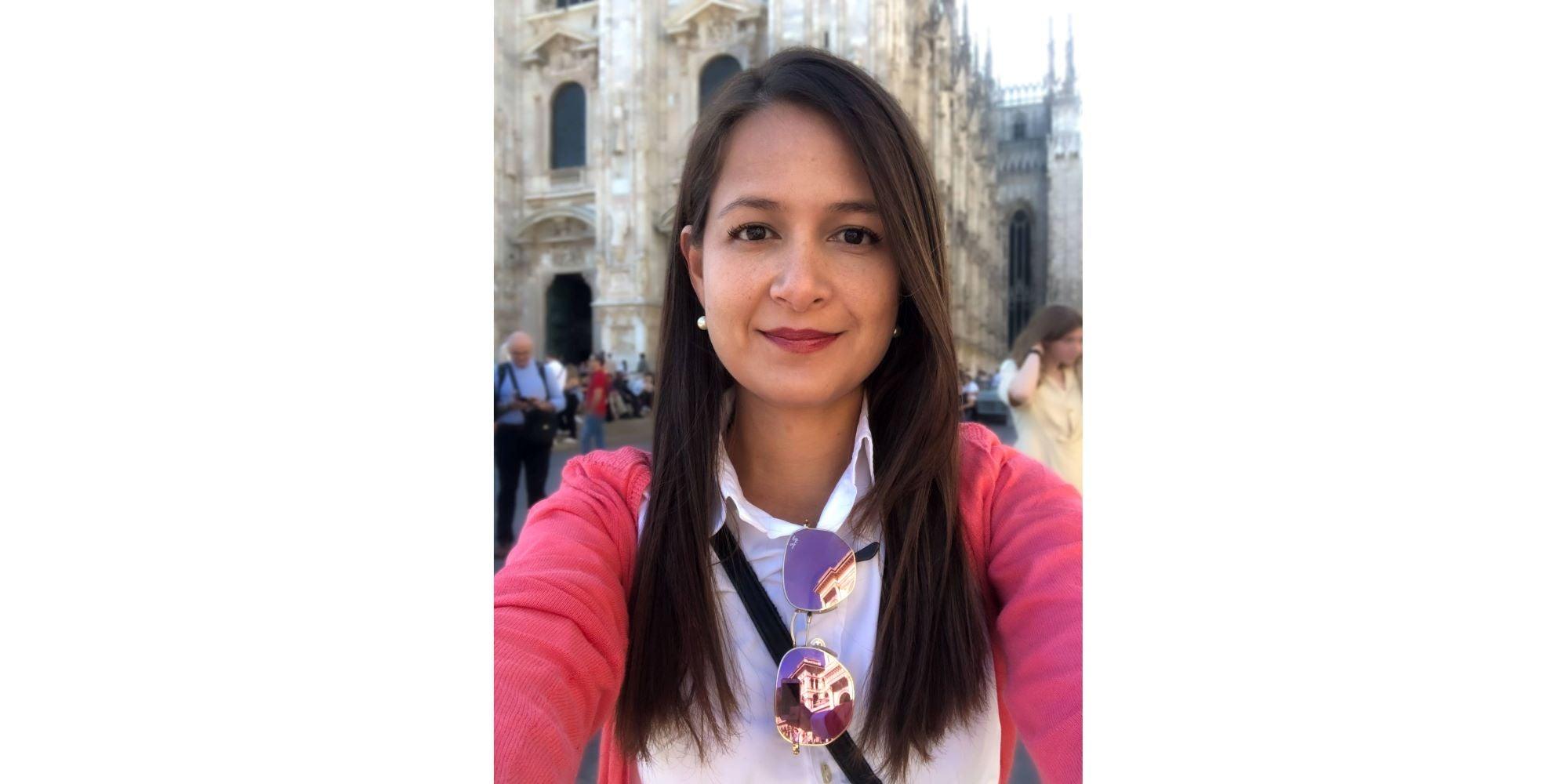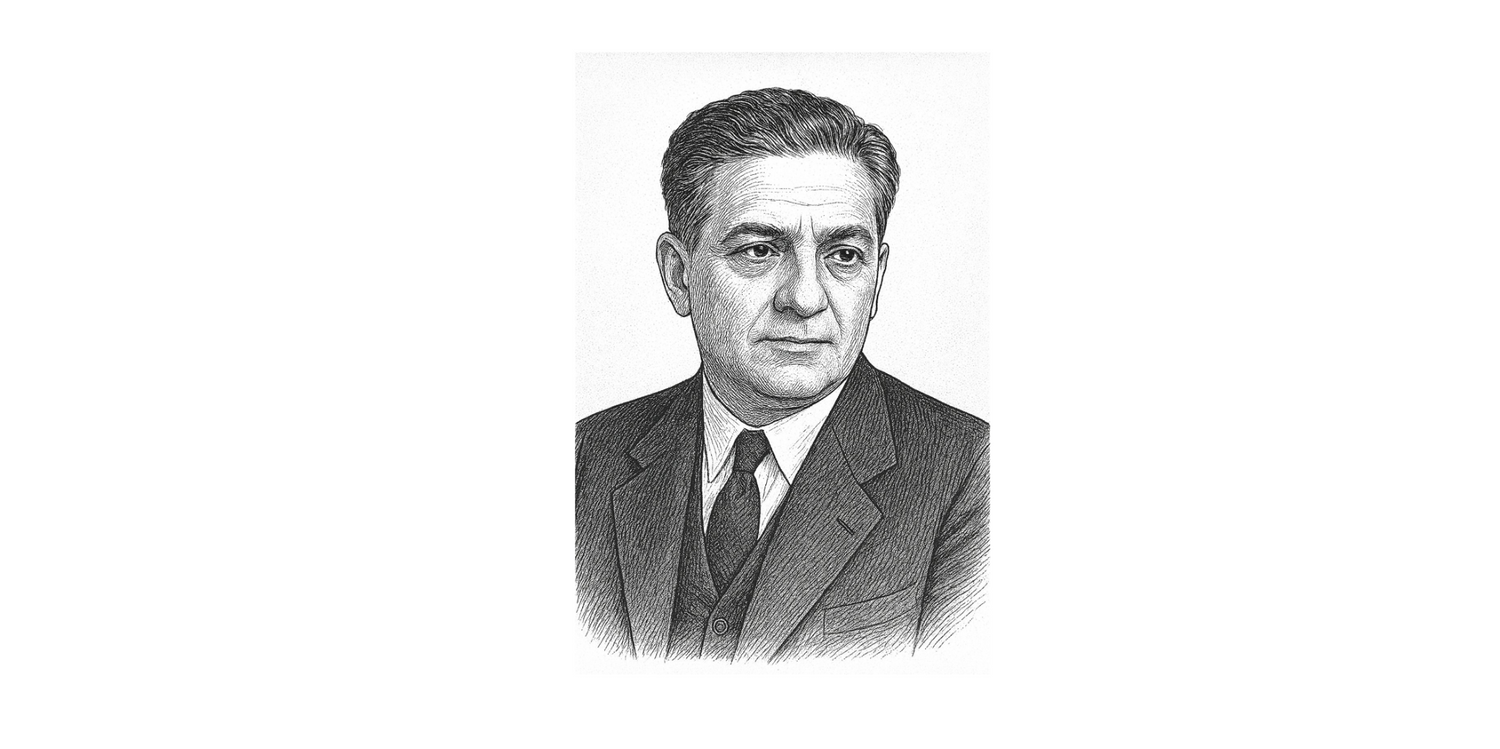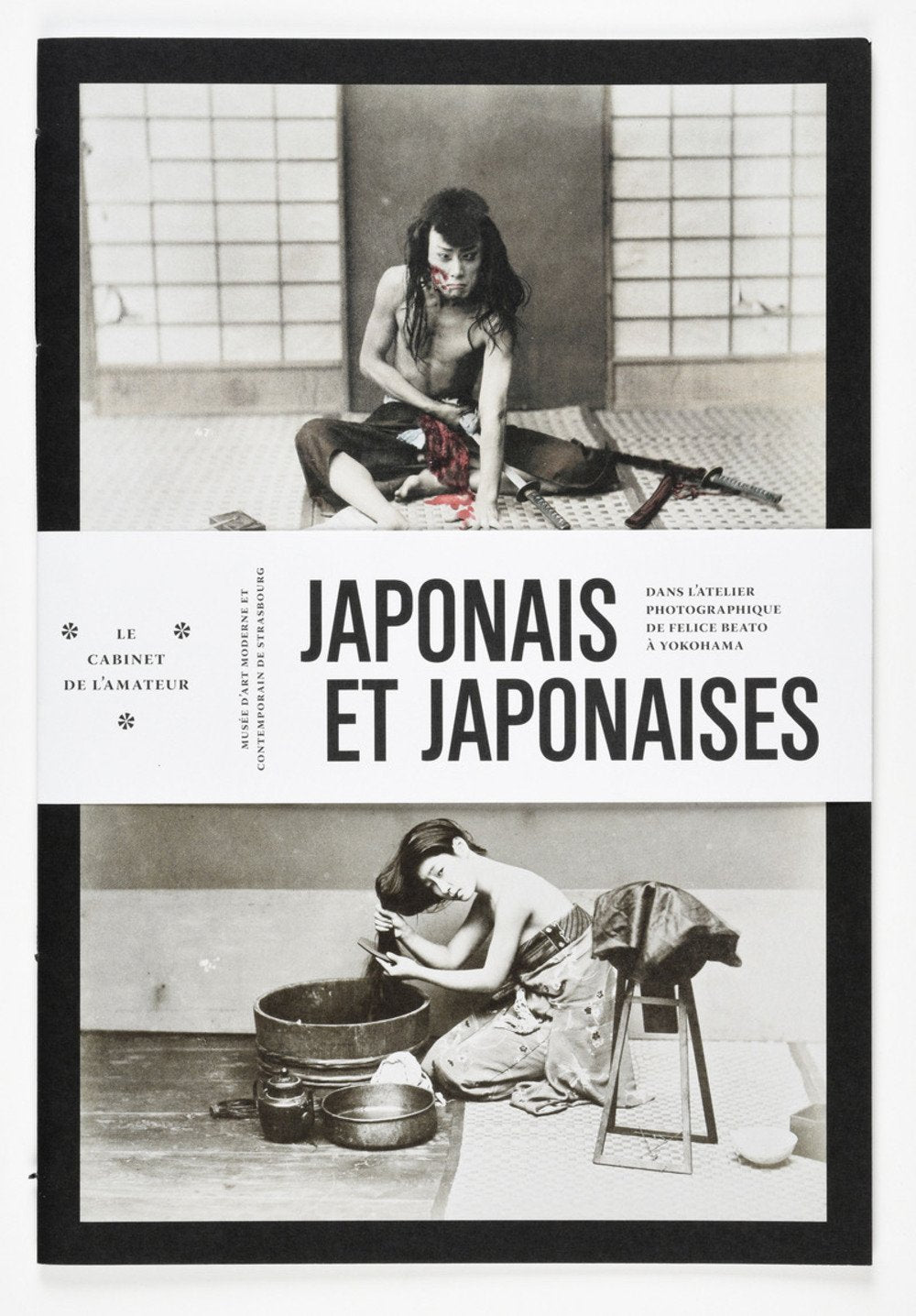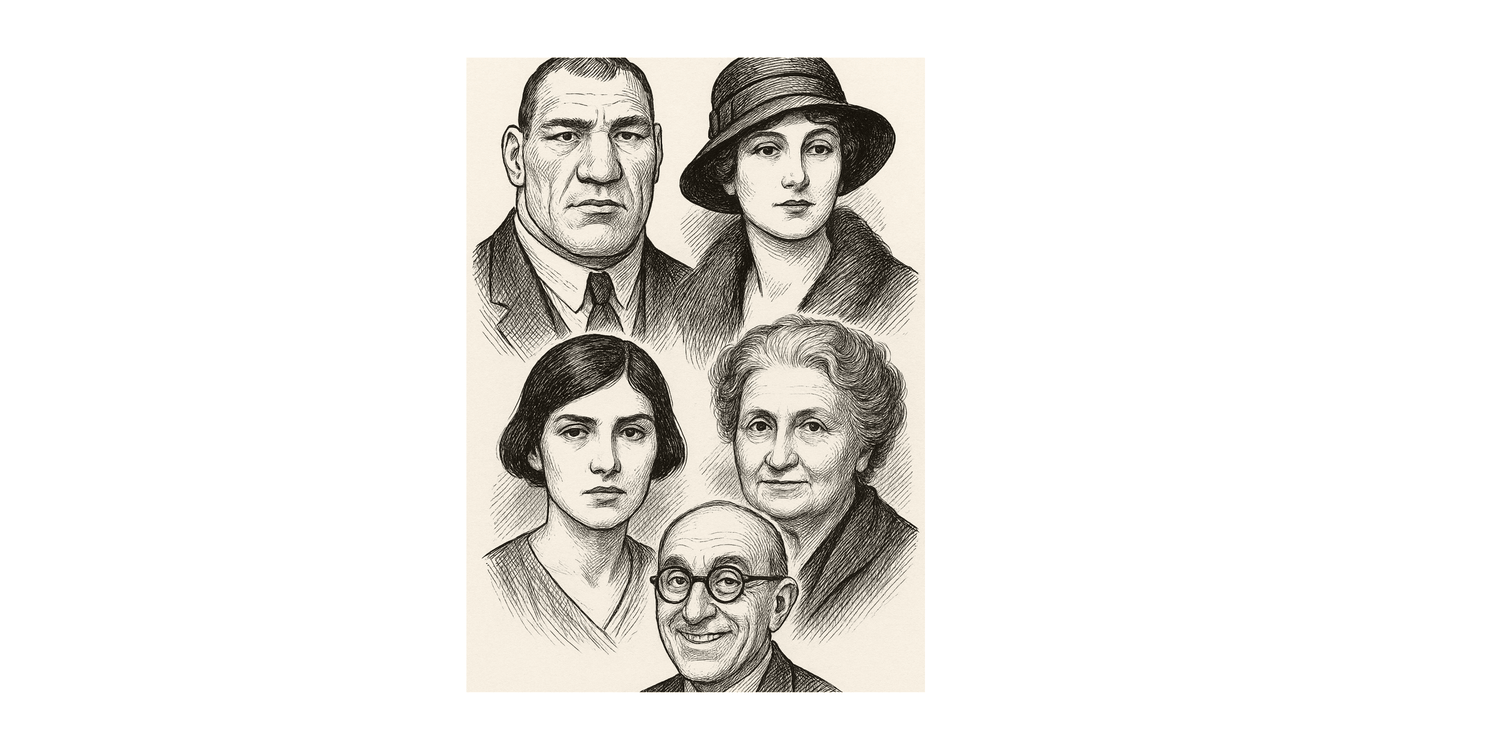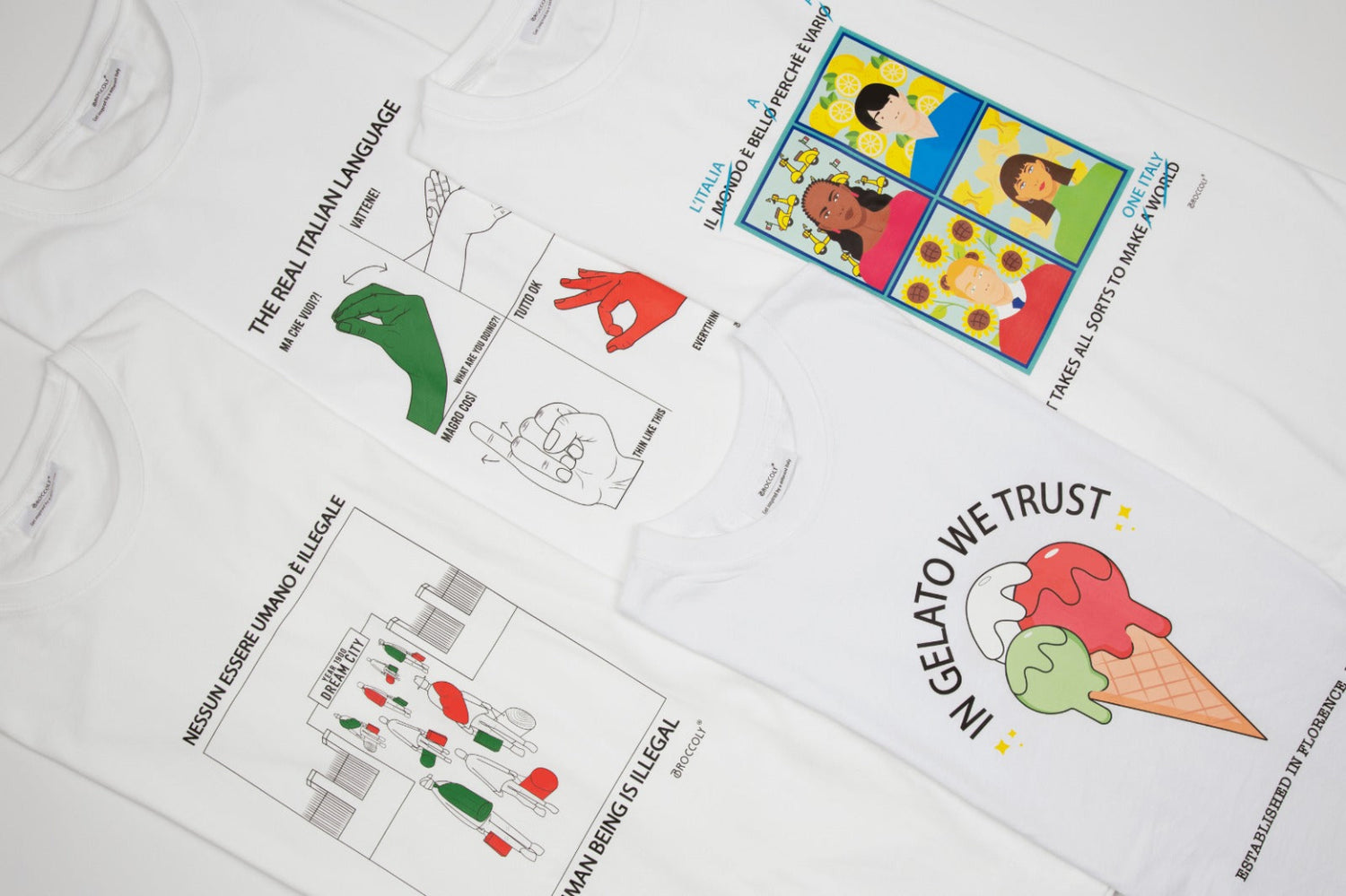When I lived in Venezuela I was working as a journalist.
After I got the chance to visit and work within one of the poorest "barrios" of Caracas, I had the idea of making a book of reportage whose title would be Los niños invisibles (The invisible children).
I wanted to tell the story of many little ones who are born on the streets of that city, but who for various reasons don't have an identity, don't have documents, don't exist for anyone. They are foreigners, illegal in their own land.
In 2015, plans changed. I decided to leave Venezuela to chase my heart. Now I am part of the 253,531 foreign citizens who live in Milan, that is, of the 5,030,716 foreigners who populate Italy.
But I won't lie to you, I consider myself a lucky migrant.
Since I left Venezuela I didn't have to wait long to start working in one of the areas I trained for at university: translation and interpreting.
Of course, it wasn't all rosy, first I had to make do with what a city that considered me an additional stranger offered me. So I started doing small jobs delivering flyers for a language services company and then I became an English and Spanish teacher for children and adults.
Winter was my greatest challenge, and my first snowfall my greatest discovery. I was 28 years old. I was used to the tropics, it took time to learn that in winter you can't leave your front door in a short-sleeved t-shirt. I've learned it the hard way.
In the meantime, between CV submissions and hours of job searching, in 2016 I officially started working as a translator and interpreter. I was happy, I still am, because languages and communication are among my greatest passions.
I was lucky, I repeat, because my guide was my Ema, an international and intelligent Venetian who I married and who helped me start writing the story of a foreigner who is making it in Italy.
Now, thanks to my work as a freelancer, I can guarantee myself a worthy salary, and I'm proud of that. And yes, I was lucky because I didn't have to cross the sea in a dinghy, without documents, alone and without anyone waiting for me with a hot meal and support.
I didn't have to do precarious jobs and no one exploited me. I live, like everyone else, between ups and downs, renewing my residence permit every 5 or 10 years and still struggling with the bureaucratic burden of my country of origin, but no big deal.
Nothing special, compared to the thousands of landings that arrive every year on the Italian coasts, with the rose sellers in every corner of the big cities, the riders, the tomato pickers who earn 3 euros a day, the doctor discriminated against because over being a foreigner has darker skin, carers who take care of grandparents, and all those who are waiting for a simple document that allows them to work decently.
Despite this, Italy is a wonderful country that welcomed me with open arms. My wish is that all those who have chosen this good land full of culture have the same luck as me, if for "luck" we intend to work and have a dignified life.
So, together with Ema (the short version of Emanuele), I decided to take a step further. We created Broccoly, a Benefit Company that gave us the opportunity to become entrepreneurs. I like the idea of being part of those foreign workers in Italy, equal to 10% of the total, who contribute to the economy and development of the country with 9% of the GDP, also paying 640 thousand pensions to Italians thanks to their social security contributions.
Perhaps this time I won't tell the story of the "invisible" Venezuelan children, but that of the "invisible" immigrants. I hope that with Broccoly, Ema and I we can get you inspired by a different Italy.


